Introduction to C Development Environment for Raspberry PICO
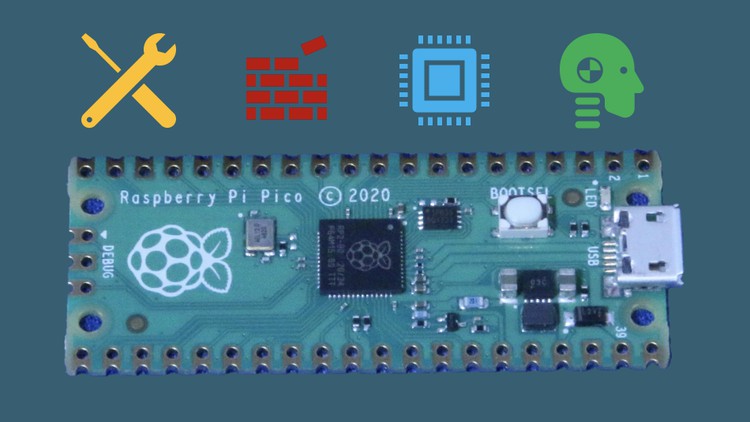
Why take this course?
🧑💻 Introduction to C Development Environment for Raspberry PI Pico
🚀 Course Headline: Building an Efficient Development Environment for the Raspberry PI Pico and Pico-W with Dr Jon Durrant
📚 Course Description:
Are you ready to unlock the full potential of the Raspberry PI Pico and Pico-W microcontrollers (RP2040)? While these devices can be programmed using Python, true power is unleashed with C/C++, enabling you to leverage their dual cores and programmable IO capabilities. However, setting up a development environment for the first time can be daunting. Fear not! This course is your guide to a streamlined and efficient development process.
Why this course?
- Ease of Use: Learn how to build and deploy C code on your Pico or RP2040 board with ease.
- Flexibility & Reusability: Discover how to reuse existing libraries, making your coding journey more about innovation and less about reinventing the wheel.
- Debugging Made Simple: Utilize a GUI debugging environment to identify and fix issues in your projects effectively.
- IDEs for Pico: Get hands-on experience with popular Integrated Development Environments (IDEs) like Eclipse or VSCode tailored for Raspberry Pico development.
What you'll need:
- Hardware: A Raspberry PI Pico or Pico-W, ready to be your target platform.
- Software Environment: Any of the major desktop operating systems (Windows, Mac, Ubuntu) to install and configure your development tools.
- Optional Hardware: A Raspberry PI 4 running Ubuntu or Raspberry OS as a build and debug probe; a second Pico for flashing and debugging purposes, or a Raspberry PI Debug Probe.
Course Requirements:
- C/C++ Knowledge: Basic understanding of the C programming language; the course will cover the essentials with examples designed to be beginner-friendly.
- Electronics Basics: Some familiarity with electronics, including soldering for attaching header pins to the Pico (unless you opt for the pre-soldered variants like Pico-H or Pico-WH).
- External Components: Simple components such as a 5mm LED and a 75ohm resistor will be used in the course's electronics examples. Basic knowledge of electronics is expected, or a willingness to learn through supplementary reading.
What you'll get:
- A Complete Development Environment Setup: From bootloading strategies to GUI debugging, you'll have all the tools at your fingertips.
- Efficient Workflow: Techniques to speed up your development cycle and reduce frustration.
- Example Projects: Hands-on projects for both Pico and Pico W to apply what you've learned.
- Lifelong Skills: The knowledge gained from this course is applicable to any future RP2040 based projects, ensuring your investment in learning remains valuable over time.
Embark on a journey to become proficient in C development for the Raspberry PI Pico and Pico-W. With Dr Jon Durrant's guidance, you'll be coding like a pro in no time! 🧑💻🌟
Course Gallery
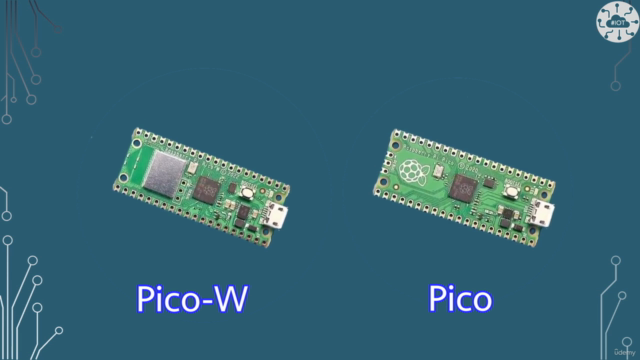
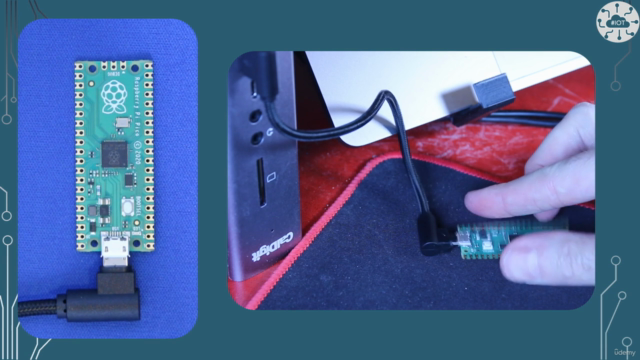
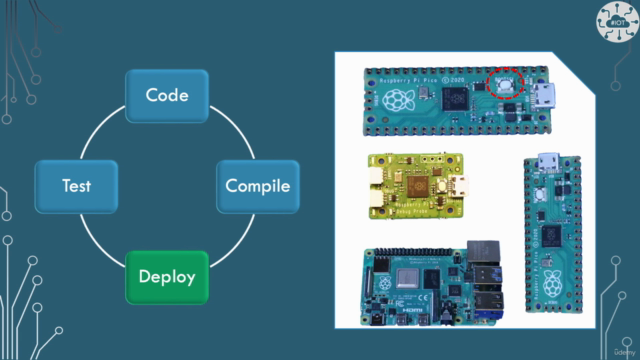
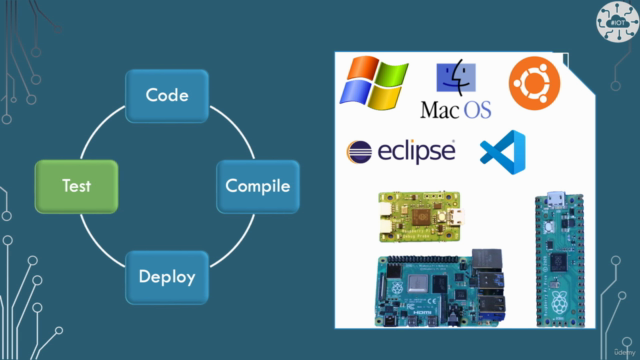
Loading charts...